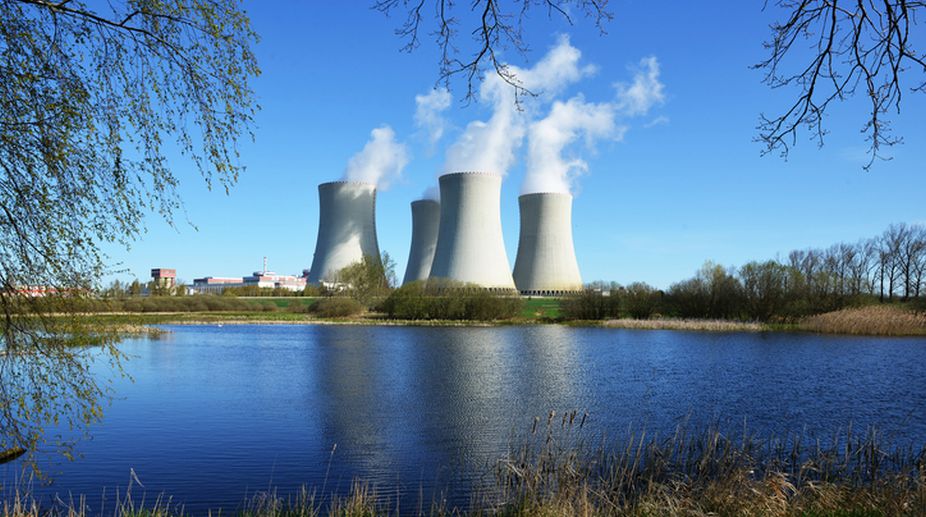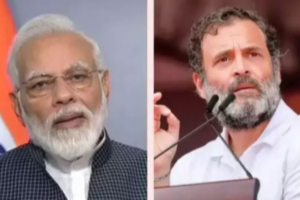Indian policy makers heaved a sigh of relief as the civil nuclear deal between India and Japan, signed last year after nearly seven years of thorny negotiations, cleared the biggest hurdle when Japan’s House of Representatives approved it earlier this week.
The Lower House approved the pact by a majority vote on Tuesday and sent it to the House of Councillors for further deliberations.
Opposition parties voted against the agreement, saying it does not contain a provision that would stop cooperation if India conducts a nuclear test. But the pact's parliamentary approval is assured now as the Lower House takes constitutional precedence over the Upper House in approving treaties.
New Delhi is hopeful that the Japanese Upper House would ratify the accord probably by the end of this month, paving the way for Japanese companies like Mitsubishi to export nuclear power equipment and technology to American firms like Westinghouse, which are in talks with India for setting up nuclear plants.
The pact was signed between the two countries when Prime Minister Narendra Modi visited Tokyo in November 2016, making India the first country in the world outside the NPT regime to sign such a deal with Japan. It prohibits New Delhi from using nuclear materials and technologies for developing atomic bombs and requires the country to accept inspections by the International Atomic Energy Agency.
Under the accord, India may reprocess nuclear materials and byproducts, but cannot make highly enriched uranium without approval from Japan. A separate document issued by Japan at the time of the signing of the deal confirmed that Tokyo would halt the nuclear deal if India undertakes further nuclear testing.
The main opposition Democratic Party in Japan has spoken out against the bill, pointing out that since the provision to suspend the treaty was not included in the pact, there was no explicit guarantee to limit the use of nuclear technology.
The Japanese government, however, insists that the treaty enables a strong response ~ by suspending cooperation ~ if India were to conduct nuclear tests. Unlike Japan’s nuclear deals with Jordan and Vietnam, the India-Japan accord does not specify nuclear testing as a condition for terminating the agreement.
Opposition parties have asked the government why there is no mention of “nuclear test” as a condition to halt the pact. During negotiations, India had firmly rejected adoption of the wording.
Some civic groups in Japan have also opposed the pact, saying it goes against the nuclear nonproliferation and disarmament goals of the country, the sole victim of a nuclear holocaust.











